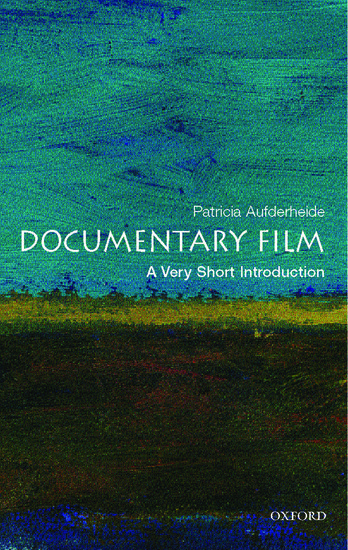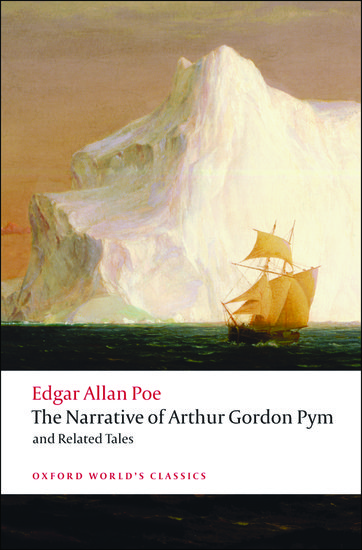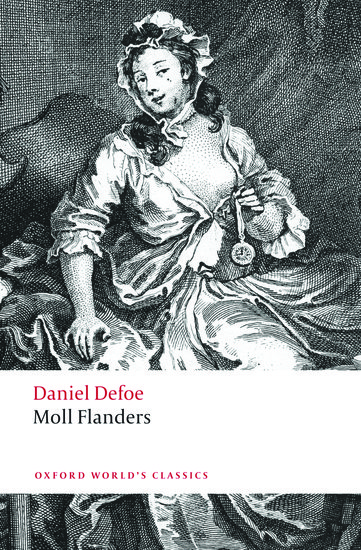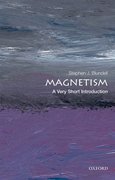How do you remember 9/11?
By Patricia Aufderheide
Documentary film both creates and depends on memory, and our memories are often composed of other people’s. How do we remember public events? How do you remember 9/11? On this anniversary of 9/11, along with your own memories, you can delve into a treasure trove of international television covering the event.















